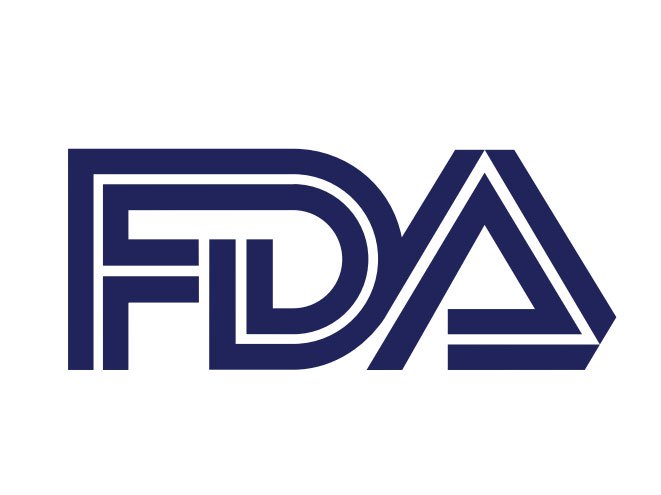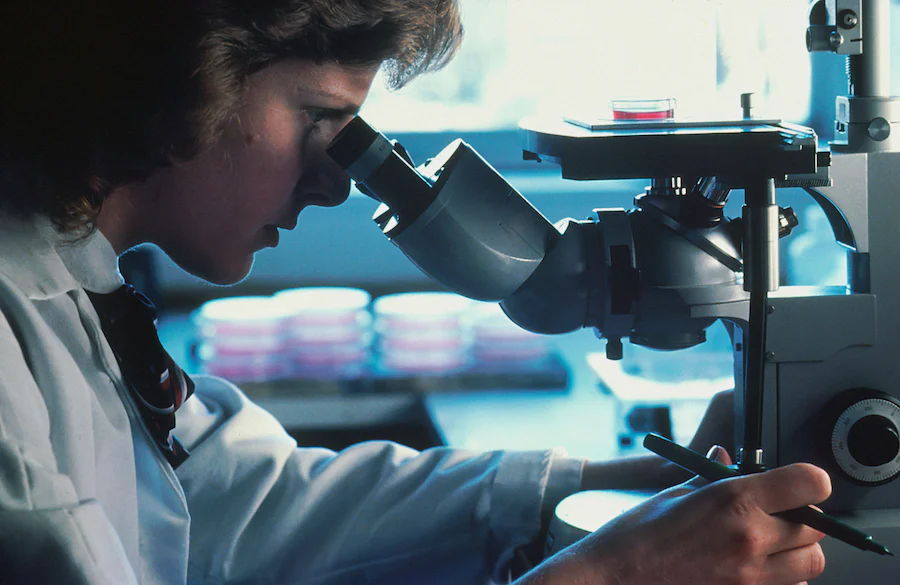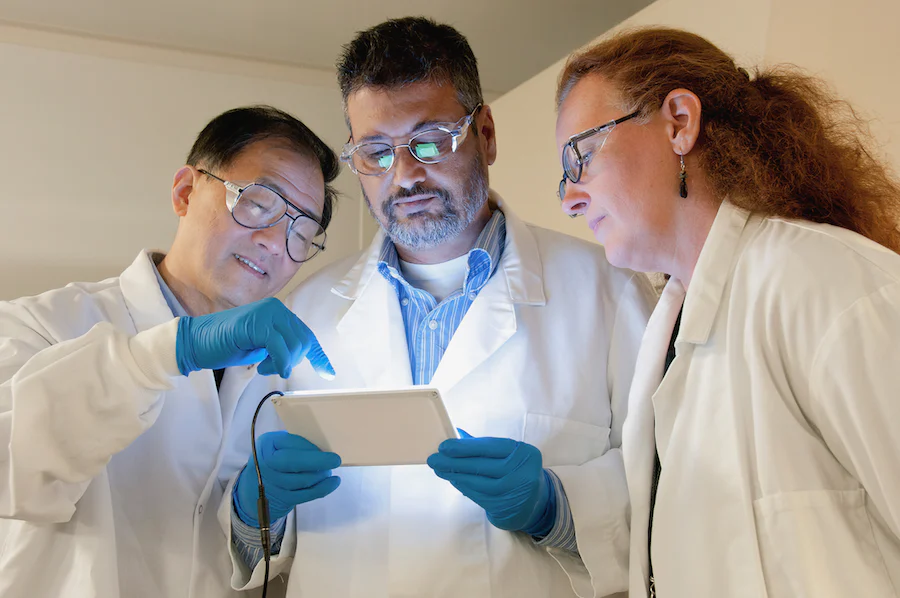The new article highlights the key points to be considered for the placebo effect in the context of clinical investigations and also outlines the measures to be taken to mitigate this effect and its impact on the study results and data collected in the course of a study.

Table of Contents
The Food and Drug Administration (FDA or the Agency), the US regulating authority in the sphere of healthcare products, has published a guidance document dedicated to design considerations for pivotal clinical investigations for medical devices. The document provides additional clarifications regarding the existing regulatory requirements, as well as recommendations to be considered to ensure compliance thereto. At the same time, provisions of the guidance are non-binding, nor are intended to introduce new rules or impose new obligations. Moreover, the authority explicitly states that an alternative approach could be applied, provided such an approach is in line with the current legislation and has been agreed with the authority in advance.
The scope of the guidance covers, inter alia, the aspects related to the placebo effect and the way its impact should be considered to ensure the accuracy and reliability of study results.
Placebo Effect: Key Points
The authority acknowledges that sometimes a medical device subject to investigation in the course of a clinical study can have no actual effect, but the effectiveness will still be demonstrated. To assess and mitigate the impact of such an effect, a placebo device is to be used. As explained by the FDA, the said device is intentionally designed not to deliver any apparent effect but may nevertheless appear to demonstrate effectiveness. It is further stated that the effect of this phenomenon could be significant. In certain cases, it could last for months.
According to the guidance, the reasons for the placebo effect include:
- The expectation of benefit – in a randomized, blinded study, there is an expectation of benefit since a subject could be randomized into either group; this is in contrast to a non-blinded study with a “no intervention” control group in which subjects do not expect benefit.
- Study effect – related to the placebo effect is the notion that people tend to behave differently when they know they are being measured in a study. In addition, subjects may receive better or more attentive care in a study. Both of these effects can affect both objective and subjective reported outcomes in any study.
Thus, the placebo effect could impact the accuracy and reliability of the study results by creating a bias when an improvement achieved due to the use of the device is compared between both groups. To mitigate this impact, it is necessary to introduce the appropriate controls. The authority also emphasizes the importance of blinding (masking) the intervention assignment.
Even when the impact of the placebo effect cannot be precisely measured, additional controls would still allow us to compare the relative safety and effectiveness. However, the authority mentions that the size of the placebo effect could be different for different groups participating in a study. For instance, the placebo effect also depends on the particular procedure undertaken.
The document also describes the approach to be taken to ensure the correct interpretation of the study results. As it was mentioned before, blinding (masking) constitutes an important element of the said approach.

Other Phenomena
According to the guidance, the placebo effect is not the only phenomenon the study sponsor may experience during the clinical investigation. The authority mentions that other phenomena that could also take place include:
- Regression to the mean – for any measurement on a subject that has an element of randomness, if that subject has an extreme measurement on entry into a study when subsequent measurements on that same subject will tend to be closer to the overall mean. In other words, the effect caused by the device in question will be more significant for the patients for whom the initial condition is more severe.
- Increased medical attention to subjects in a clinical trial may lead to their improvement;
- Spontaneous remissions – some subjects may heal naturally or no longer exhibit symptoms during a study.
Summary
The present FDA guidance provides recommendations to be followed by medical device manufacturers and study sponsors to identify various phenomena occurring in the course of clinical investigations, and also to mitigate the impact thereof. The authority acknowledges that the placebo effect could impact significantly the interpretation of the study results, its accuracy, and reliability. To assist medical device manufacturers and study sponsors in addressing this effect, the FDA outlines the key factors related to the placebo effect and describes special controls to be implemented. As explained in the document, blinding (masking) applied for study participants (subjects), investigators, and third-party evaluators could be used as a means of reducing the potential bias, including the one resulting from the placebo effect. In this respect, the authority mentions that the closest approximation to a placebo-controlled study would be one in which the clinicians are unaware of which group their subjects are in until after the device is used, to minimize changes in behavior relative to the standard of care.
The document also briefly describes other phenomena that could potentially take place during the investigation.
Sources:
How Can RegDesk Help?
RegDesk is a next-generation web-based software for medical device and IVD companies. Our cutting-edge platform uses machine learning to provide regulatory intelligence, application preparation, submission, and approvals management globally. Our clients also have access to our network of over 4000 compliance experts worldwide to obtain verification on critical questions. Applications that normally take 6 months to prepare can now be prepared within 6 days using RegDesk Dash(TM). Global expansion has never been this simple.

